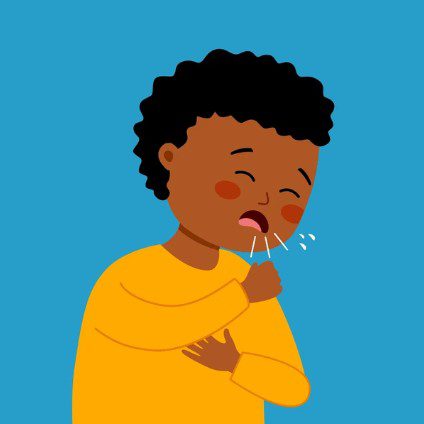With the influenza season quickly approaching, we wanted to share with our patients the most recent recommendations regarding the influenza vaccine from the American Academy of Pediatrics (AAP). The 2017-2018 season was considered a “high-severity season”, with high levels of influenza related ER visits, increased hospitalization rates, and high numbers of pediatric deaths (approximately half of which occurred in otherwise healthy children). The flu season last year ranks as the third most severe since the 2003–2004 season and was the first to be classified as high severity for all age groups (AAP). School-aged children are at an especially higher risk of both developing and spreading influenza due to their time spent with, and proximity to, large groups of children. So how do we best protect our children against influenza? The AAP advises that vaccination remains the best available preventive measure to prevent influenza illness.
- Annual influenza vaccine is recommended for everyone 6 months and older.
- Advisory Committee on Immunization Practices reintroduced FluMist (nasal spray flu vaccine) as an option for the 2018–2019 influenza season however the AAP recommends the flu shot as the primary choice for all children because the effectiveness of FluMist was inferior against influenza A (/H1N1) during past seasons and is unknown against the same strain for this upcoming season.
- FluMist may be used for children who would not otherwise receive an influenza vaccine (i.e., refusal of an shot) and for whom it is appropriate according to age (2 years of age and older) and health status (healthy and without any underlying chronic medical condition).
- Children should receive the influenza vaccine as soon as possible when it is available in their community, preferably by the end of October.
- The number of recommended doses of an influenza vaccine depends on a child’s age at the time of the first administered dose and vaccine history.
- Children 9 years and over only need one dose.
- Children 6 months to 8 years need:
- 2 doses if they have received fewer than 2 doses of any influenza vaccine. The interval between the 2 doses should be at least 4 weeks; OR
- Only 1 dose if they have previously received 2 or more total doses of any influenza vaccine. The 2 previous doses do not need to have been received during the same influenza season or consecutive influenza seasons
- All children with egg allergy of any severity can receive either the flu shot or FluMist without any additional precautions beyond those recommended for any vaccine.
- Pregnant women may receive a flu shot at any time during pregnancy. Postpartum women who did not receive vaccination during pregnancy should be encouraged to receive the vaccine before discharge from the hospital. Vaccination is safe during breastfeeding for mothers and their infants.
We want to keep our patients healthy and happy, which is why we strongly encourage getting your child an influenza vaccine this year. As always, if you have any questions regarding the influenza vaccine or about your child’s health please do not hesitate to call!




